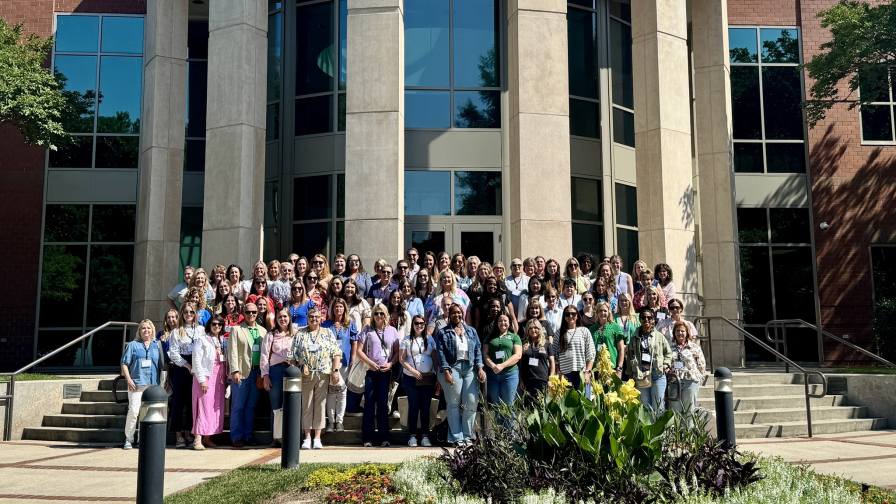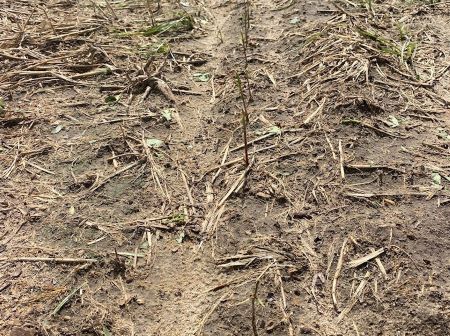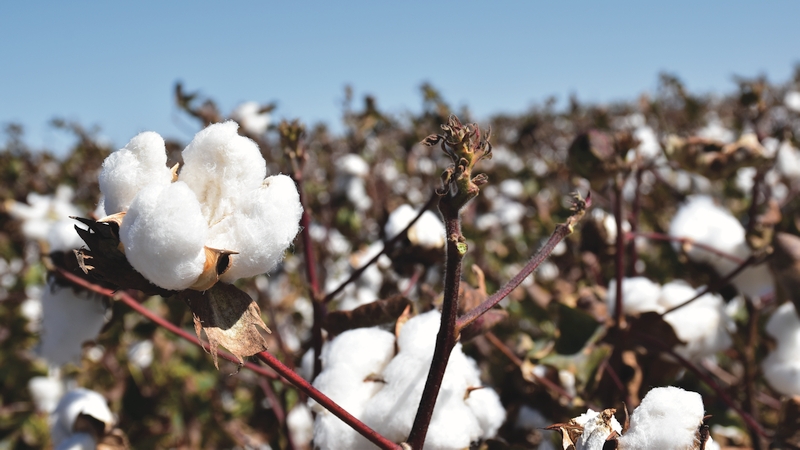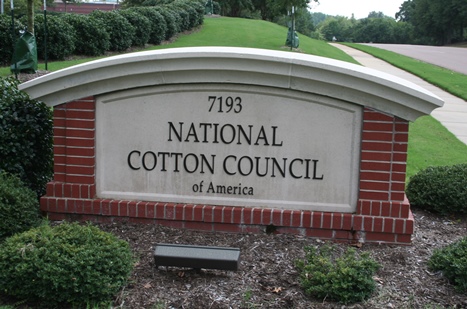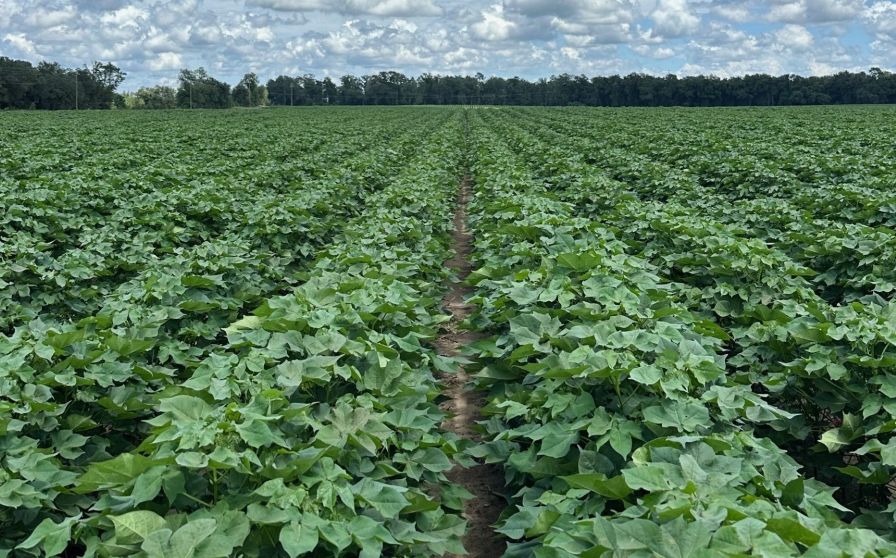Controllers Increasingly Viewed as a Risk Management Tool

With huge swings in prices, the need for accuracy in cotton characteristics such as weight and moisture content become more critical than ever. In addition, controllers are being asked to do more and more for their customers. To get a better understanding of the changes that are shaping this sector, Cotton International engaged three of the top minds in controlling: Peter Wakefield, President, Wakefield Inspection Services; Aurora Xie, SGS CSTC Cotton Division Manager; and Peter Barnard, Vice President of Operations, TransGlobal Inspections.
1 Given the price fluctuations, do controllers see increasing issues with weights and quality on shipments arriving at destination?
Wakefield: Absolutely. By the very nature of the high price contracts, any difference in weight or quality in percentage terms translates to a higher value should any differences of opinion occur. That does not mean an increase in the causes, but that either party to a contract requires more detailed investigation to ensure that claims are accurately reported.
Xie: With margins becoming tighter along the cotton supply chain, we see a greater requirement for interventions by independent controllers for both buyers and sellers. An unexpected weight loss or quality problem at destination can virtually eradicate any margin, and price fluctuations add another market risk that has to be managed. Most buyers and sellers want to establish a fair value and weight of the cargo whether this is at destination or immediately prior to shipment. An independent controller who is on site within a few days of the cargo arriving can finalize the weighing and quality data, and report the results within a few days of execution.
Barnard: Whenever there are significant movements in pricing, we as controllers see a resultant affect on the number of claims being made on arriving shipments. The claims are not limited to weight and quality – other factors come into play as well. What might have been overlooked in previous shipments can become an issue when parties to a contract feel pressured to eke out whatever advantage they can.
Our job, as the shipper’s nominated controller, is to ensure that, regardless of the nature of the claim, the rules of the contract are followed and both parties are therefore equally protected.
2 How is the controlling industry changing? What new services are being offered as opposed to the traditional weighing that was always what a controller was appointed for?
Wakefield: Sampling, or the supervision of sampling, has been one of the long-term services offered by a controlling company. Traditionally, this may have been out-turn samples that a client requested for their own quality control purposes, or sampling for arbitration. Initially, we saw an increase in requests for surveys, country damage, contamination, packing condition etc., and this required the employment of staff with expertise in these fields. There is no school for such work, thus constant on-the-job training takes place to build the skills of the younger employees. Now, the modern controlling company also finds that quality “take up” or “classing” is being requested more and more often. This has resulted in companies and teams being developed in the origin countries as well as the traditional destination countries. Lately, traditional classing has, in many countries, changed to HVI classing, requiring the installation of HVI laboratories.
Controlling companies are being asked more and more often to perform stock checks and assist with warehousing. “MWR,” the joint operation between Mallory Group and Wakefield Inspection Services, with insurance covered by Rekerdres & Sons, is an excellent example.
Xie: Controlling has evolved into a risk management tool that is recognized by the trade. The trade requires quality and weight results reported as fast as possible in order for them to react accordingly. This means a greater reliance on well trained inspectors on the ground who have the technology and ability to report from site directly to the client. With ever-developing lines of communication through the PDA market, we can implement the latest secure reporting tools. The velocity of funds has played a big part in the trade’s requirement for faster, more efficient and more accurate reporting. Both sellers and buyers want to revolve funds at a much faster rate. In addition, most merchants now depend on statistical analysis for compiling databases of good trading partners. Statistical data is now considered part of the standard controller’s service.
With quality variation in certain growths due to climatic and regional standards, we have found a greater requirement for supervision of sampling and quality control. Ensuring sample custody from the bales to the classing room/HVI line provides a random fair assessment of the consignment. Supervising grading per contractually agreed types also eradicates the perception of quality.
Barnard: Cotton controlling is in a constant state of flux; as the industry changes, controllers have to adapt to the new market conditions. Additional services are being requested, as well as changes in where those services are being performed within the supply chain. Over the past 25 years, we have seen an increase in controller services being needed at source as opposed to post landed. Those services not only include weighing but also quality as well as bale condition surveys. As office budgets have tightened, it has become more cost efficient to use controllers at source rather than have permanent staff at hand, thus alleviating the expense of carrying those employees’ salaries throughout the year.
3 How has new technology changed the industry and where do you see this going in the future?
Wakefield: Obviously, modern communication methods have resulted in an increase in the speed of reporting, and in receiving feedback from clients. This in itself has been quite a change in the way controllers will operate, constantly looking for ways to ensure that accurate field information can be retrieved, checked and distributed to clients.
High-speed Internet and Web access increases the live field data that controllers can offer clients online, which in turn reduces the re-keying of results and the analysis that clients are currently required to undertake.
Xie: With new communication technology developing at a rapid rate, it has allowed the controlling industry to adopt some fairly advanced lines of communication direct from the field to the clients. As technology develops, real-time video access to operations may become standard for the industry. Speed of reporting data will gain even greater importance with further requirements for integrated data file transfer directly into the client’s systems.
Barnard: Absolutely, technology has changed the controlling industry – especially in terms of communication. The smart phone allows us not only to receive the claims faster, but also to access our office servers even when in the field, and therefore act on the claim immediately. Our ability to handle more data continues to increase and we are always looking at new ways to analyze that information to better serve our client base.




